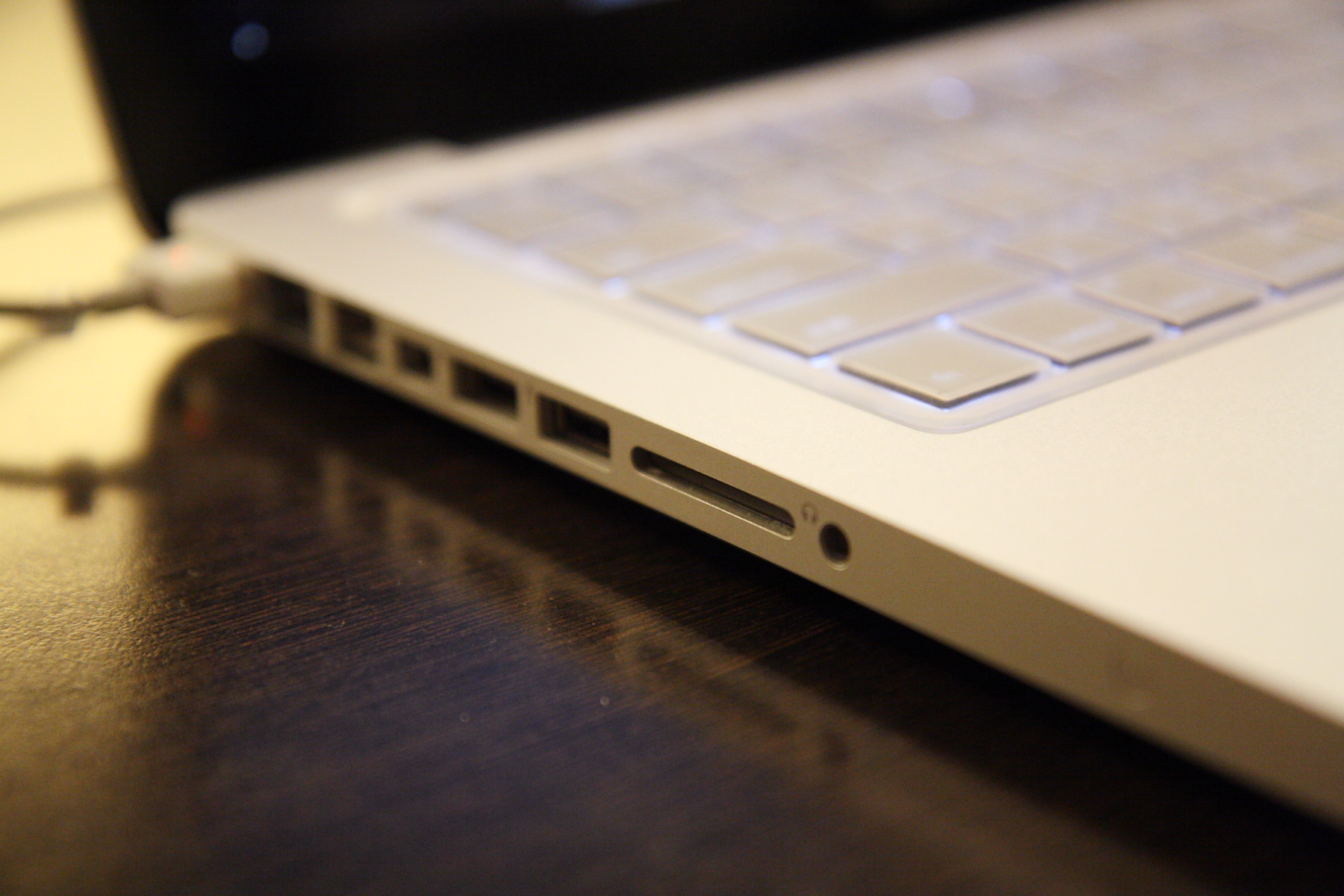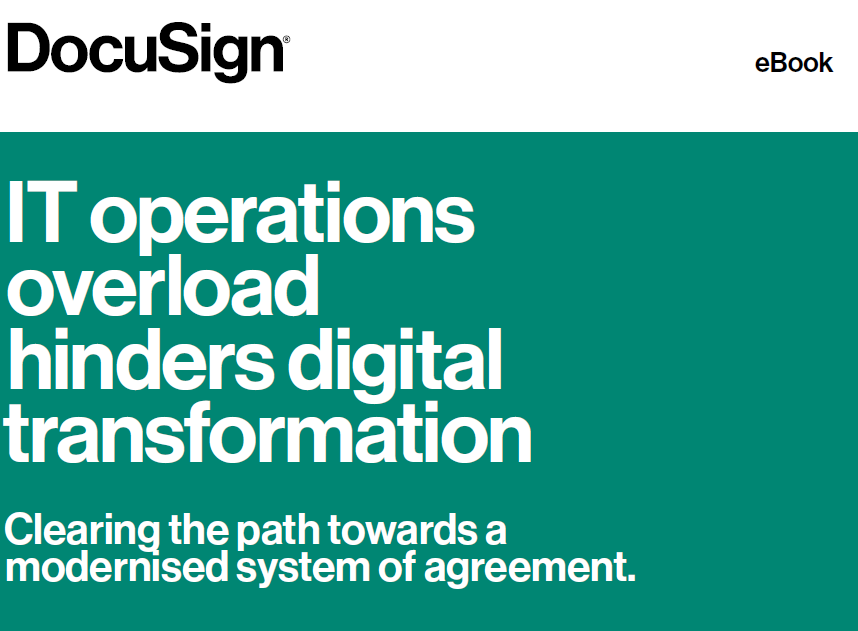Apple's ARM-based Macs won't support Windows virtualisation
Documents confirm that the switch from Intel to Apple Silicon will prevent Mac users from running Windows


Users will no longer be able to run Windows virtualisation software once they switch to Apple's upcoming ARM-based Macs, it has emerged.
In new developer support documents published by Apple, the company confirmed that the switch from Intel to ARM-based processors will prevent users from running Windows on the Mac.
In the document, Apple confirmed that Rosetta 2 – an emulation layer that will enable users to run old apps on new Mac devices – won't be able to translate x86_64 virtualization apps, which could prevent the virtualisation of Windows environments using apps such as Parallels and VMWare Fusion.
"Rosetta can translate most Intel-based apps, including apps that contain just-in-time (JIT) compilers," the document reads. "However, Rosetta doesn’t translate the following executables: kernel extensions, Virtual Machine apps that virtualize x86_64 computer platforms."
In addition to these restrictions, Boot Camp, a popular tool that allows MacBook users to switch between Windows and macOS, will no longer be available for use on devices powered by Apple Silicon.
Although the tool will remain in macOS Big Sur, it will be an Intel-only feature. Non-Intel Macs will not be able to access the tool and the company has not yet announced a replacement.
In a statement, Microsoft confirmed that there’s no official way to install the operating system, telling The Verge that it "only licences Windows on ARM to OEMs". When asked whether it plans to change this policy to allow Boot Camp on ARM-based Macs, and the company said “we have nothing further to share at this time".
Get the ITPro daily newsletter
Sign up today and you will receive a free copy of our Future Focus 2025 report - the leading guidance on AI, cybersecurity and other IT challenges as per 700+ senior executives
RELATED RESOURCE

IT operations overload hinders digital transformation
Clearing the path towards a modernised system of agreement
It remains unclear whether virtualisation companies are working on a solution for ARM-based Macs, though VMWare on Tuesday announced that Big Sur-compatible "tech preview" of Fusion will arrive in July.
What's more, Apple showed off a Mac with an ARM-based A12Z Bionic SoC running a Linux distribution in Parallels during its WWDC keynote this week, suggesting that the company is working to support virtualisation software.
Carly Page is a freelance technology journalist, editor and copywriter specialising in cyber security, B2B, and consumer technology. She has more than a decade of experience in the industry and has written for a range of publications including Forbes, IT Pro, the Metro, TechRadar, TechCrunch, TES, and WIRED, as well as offering copywriting and consultancy services.
Prior to entering the weird and wonderful world of freelance journalism, Carly served as editor of tech tabloid The INQUIRER from 2012 and 2019. She is also a graduate of the University of Lincoln, where she earned a degree in journalism.
You can check out Carly's ramblings (and her dog) on Twitter, or email her at hello@carlypagewrites.co.uk.
-
 Should AI PCs be part of your next hardware refresh?
Should AI PCs be part of your next hardware refresh?AI PCs are fast becoming a business staple and a surefire way to future-proof your business
By Bobby Hellard
-
 Westcon-Comstor and Vectra AI launch brace of new channel initiatives
Westcon-Comstor and Vectra AI launch brace of new channel initiativesNews Westcon-Comstor and Vectra AI have announced the launch of two new channel growth initiatives focused on the managed security service provider (MSSP) space and AWS Marketplace.
By Daniel Todd
-
 Tiny11 review: Windows 11 with only 2GB of RAM
Tiny11 review: Windows 11 with only 2GB of RAMReview A version of Windows 11 for older machines that don't meet the full requirements
By Nik Rawlinson
-
 Red Hat Enterprise Linux becomes foundational operating system for Cohesity Data Cloud
Red Hat Enterprise Linux becomes foundational operating system for Cohesity Data CloudNews New strategic partnership between Red Hat and Cohesity aims to drive innovation in the data security and management space
By Daniel Todd
-
 Ubuntu shifts to four-week update cycle
Ubuntu shifts to four-week update cycleNews Critical fixes will also come every two weeks, mitigating the issues involved with releasing prompt patches on the old three-week cadence
By Richard Speed
-
 AlmaLinux follows Oracle in ditching RHEL compatibility
AlmaLinux follows Oracle in ditching RHEL compatibilityNews Application binary compatibility is now the aim with 1:1 now dropped
By Richard Speed
-
 How big is the Windows 10 cliff-edge?
How big is the Windows 10 cliff-edge?ITPro Network With some comparing the upcoming Windows 10 end of life to Windows XP, we ask members of the ITPro Network for their insight
By Jane McCallion
-
 Everything you need to know about the latest Windows 11 updates - from bug fixes to brand-new features
Everything you need to know about the latest Windows 11 updates - from bug fixes to brand-new featuresNews Two new cumulative updates are on the way and will be installed automatically on Windows 10 and Windows 11 machines
By Rory Bathgate
-
 How to download a Windows 11 ISO file and perform a clean install
How to download a Windows 11 ISO file and perform a clean installTutorial Use a Windows 11 ISO to install the operating system afresh
By John Loeppky
-
 We could all benefit from better Windows and macOS accessibility features
We could all benefit from better Windows and macOS accessibility featuresOpinion Today’s accessibility features can help you work through a nasty injury, but there’s still plenty of room for improvement
By Barry Collins